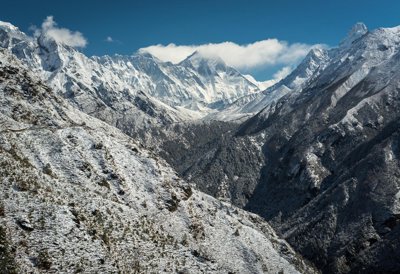How did you get to where you are now?
I studied geography at university, and chose options that followed my interests in water and environmental management. I started working in this sector as a new graduate and the main prerequisites for the role were a good level of numeracy and computer literacy, and an interest in flood risk management. I’ve worked my way up to my current position, learning on the job.
What do you do as part of your role?
I am responsible for leading studies into flood risk, including hydrological and hydraulic modelling, mitigation options appraisal and economic assessments. Our clients include land owners and developers, and flood risk management authorities such as local authorities and drainage boards. Our projects typically take three to six months to complete, and our team will be working on between two and ten projects at a time, depending on their size
What skills and characteristics do you need for this role, apart from geographical knowledge?
A good level of numeracy and computer literacy is essential for this role, in order to be able to construct, run and critically evaluate the hydrological and hydraulic models. Much of the modelling work involves problem solving for which creative thinking is needed to identify and fix model bugs. Creativity and design skills are also valuable for identifying and evaluating flood mitigation options.
How does geography feature in your work/what difference does it make?
My work is entirely based on understanding the water cycle and predicting how water flows through a catchment. As well as the obvious connections to physical geography, we also have to consider the human geography of the catchment in terms of vulnerability of different groups of people and how floods may affect them.
What do you enjoy most about your job?
I really enjoy the fact that my work leads to tangible improvements to flood risk in the projects we work on, as it feels like you have made a real difference to the quality of people’s lives by reducing flood risk to their properties.
What advice would you give to someone wanting to go in to this career?
I would look for work experience in the industry, and consider routes to entry from apprenticeship to post-masters. There is a skills shortage in environmental engineering and a demand for enthusiastic numerate new starters.
Why did you choose geography? Why should others choose geography?
I chose geography because it acknowledges the complexities, uncertainties and interconnectedness of the human and physical worlds, compared to the more black-and-white nature of engineering.
* This interview was undertaken in 2021 and was correct at the time of publication. Please note that the featured individual may no longer be in role, but the profile has been kept for career pathway and informational purposes.
Clare Waller
Job title: Senior Hydrologist
Organisaion: Environment Agency
Location: Cambridge, UK

